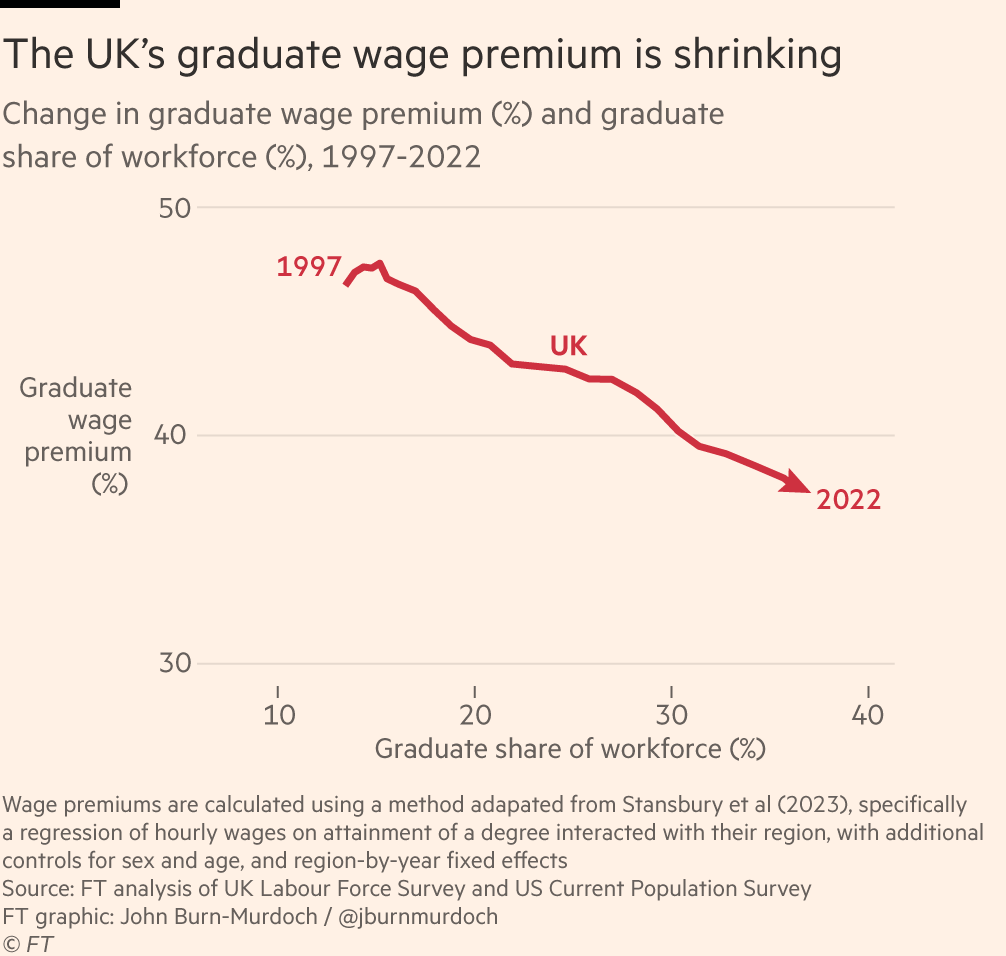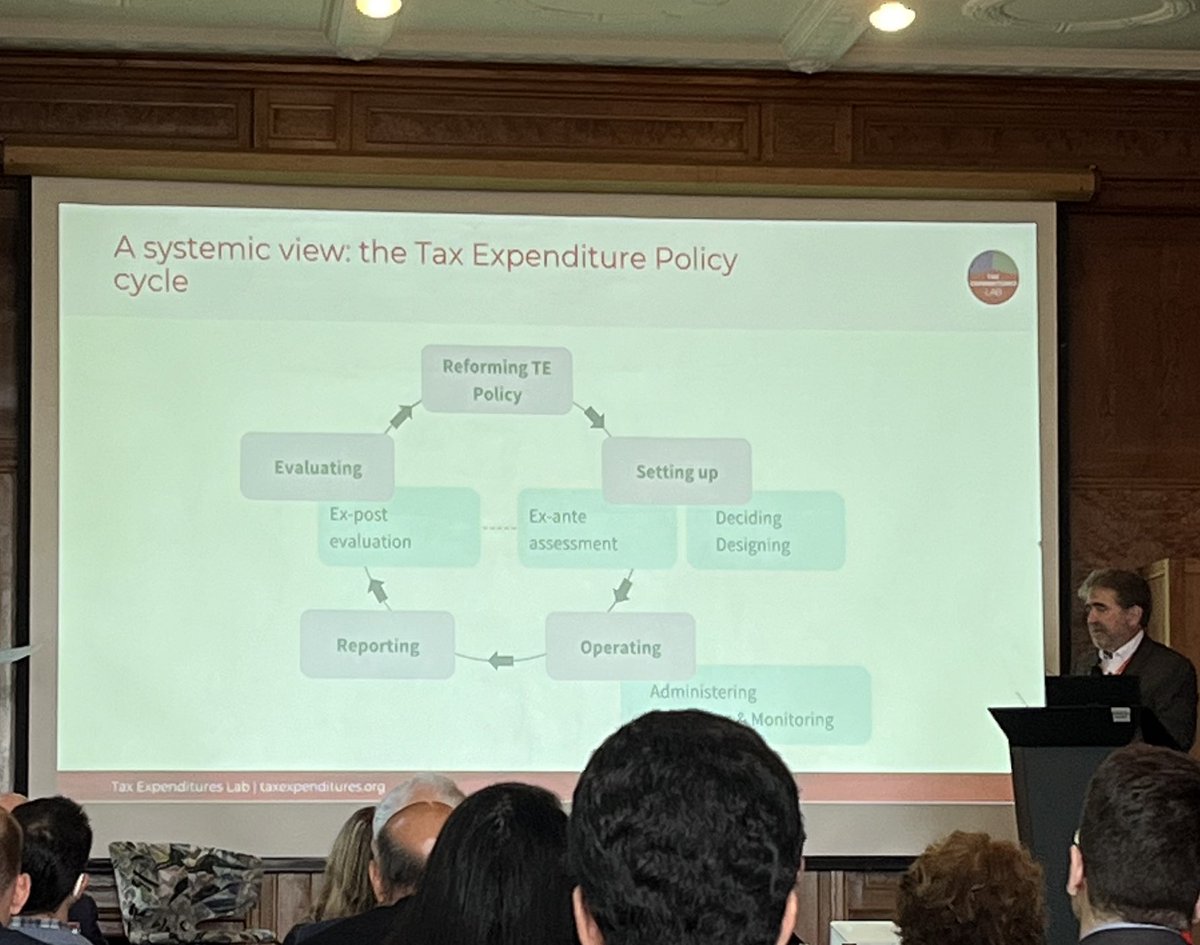
Kyle McNabb
@kylemcnabb
Followers
647
Following
4K
Media
119
Statuses
3K
Joined April 2009
A great couple of days hearing about the latest developments in #taxexpenditures and the introduction of the #GTETI @CEPweb @IDOS_research
0
0
8
RT @ODI_Global: We are delighted to receive renewed funding from @FCDOGovUK for #TaxDev which – alongside @TheIFS – will help us to strengt….
0
5
0
RT @LauraAbramovsky: 🗓️ On 29 June, join me at @ODI_Global w/ @FraBastagli @kylemcnabb and insightful & expert panellists to discuss the ro….
odi.org
This event presents the findings of ODI’s recent work on the role of tax and transfers in addressing income inequality across countries with different income levels.
0
5
0
Version 0.2 of the #TaxDev Employment Income Taxes Dataset is online! . We've updated to include data on Personal Income Tax & social contribution systems in an additional 33 countries, from the Latin America and Caribbean region. @ODI_Global @TheIFS .
odi.org
Version 2.0 of the EITD, released in June 2023, now contains data for a total of 87 countries, due to the inclusion of an additional 33 countries from Latin America and the Caribbean. The intention...
1
3
8
Better data on earnings distributions (both formal and informal) in LMICs will go a long way to helping unpack these puzzles. Check out the dataset for African countries here : . . Latin America & Caribbean coming soon (!). (The end).
odi.org
Version 2.0 of the EITD, released in June 2023, now contains data for a total of 87 countries, due to the inclusion of an additional 33 countries from Latin America and the Caribbean. The intention...
0
0
0
Alongside data on pre-tax income distributions from the @WIL_inequality WID, we use the rich data from EITD to study the effects on inequality (Gini & Palma) of applying the PIT in every African country 1995-2020. Main findings? (2/n).
1
0
0











